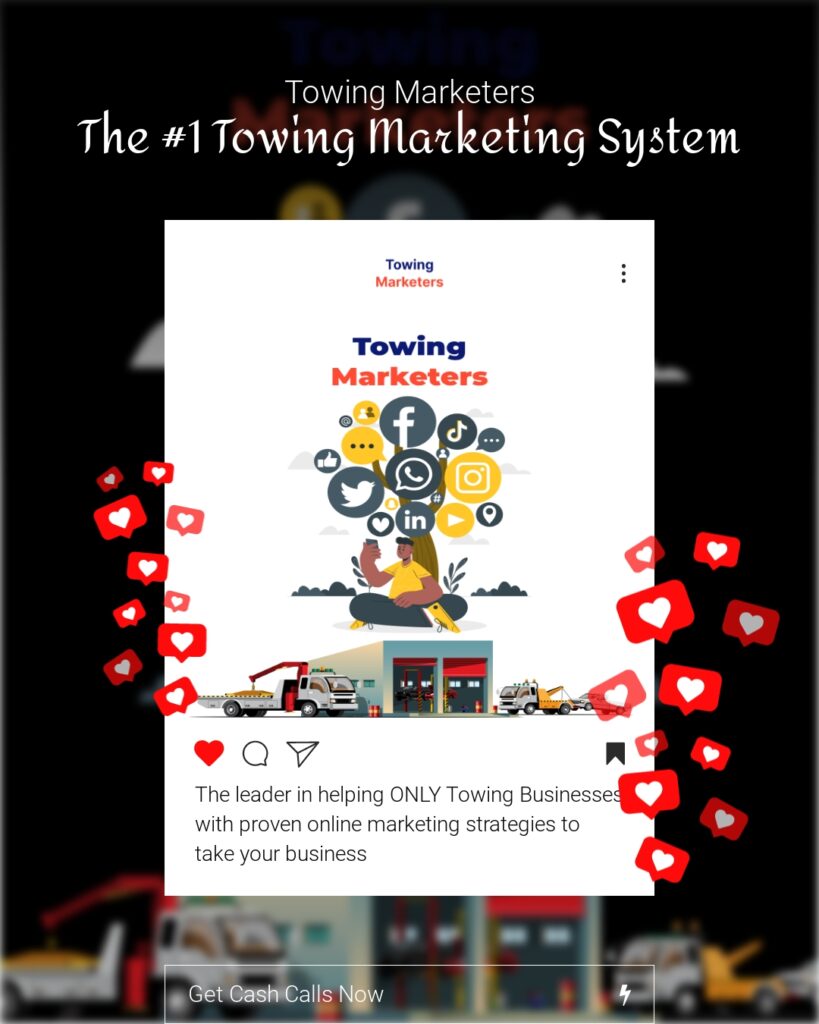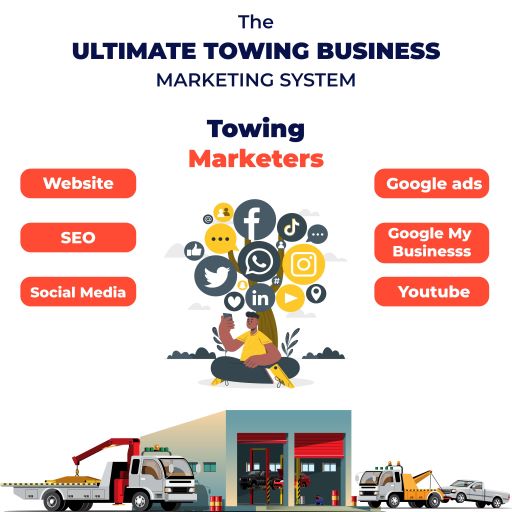1. The Evolution of Junk Cars
Junk cars, once regarded as clunkers, have experienced a remarkable evolution over the years. These vehicles, often considered mere scrap, have transformed into valuable assets in the automotive industry.

From Clunkers to Cash Cows: A Journey Through Time
In the early days, junk cars were often seen as little more than eyesores, taking up space in driveways and scrapyards. However, as time passed, the perception of these vehicles shifted. Owners and businesses began to realize their hidden value, leading to a thriving market for junk cars.
Today, junk cars have become lucrative opportunities for those in the automotive industry. What was once considered a clunker can now be turned into a cash cow. Salvage yards, auto parts businesses, and recycling facilities all play a role in this transformation. The journey of junk cars from obscurity to profitability is a testament to the industry's adaptability and resourcefulness.
2. The Environmental Impact of Junk Cars
While junk cars may hold value, they also have a significant environmental impact. Understanding these consequences is crucial in promoting sustainable practices within the industry.
Pollution and Habitat Destruction
One of the most significant concerns associated with junk cars is pollution. These vehicles often leak hazardous fluids, contaminating the soil and groundwater. Abandoned junk cars can become breeding grounds for pests and a source of air pollution due to rust and decay.
Moreover, the destruction of natural habitats is another issue. Junk cars left in environmentally sensitive areas can disrupt ecosystems and harm wildlife. Recognizing the environmental damage caused by these vehicles underscores the importance of responsible disposal and recycling practices.
Recycling: A Sustainable Solution
Thankfully, there is a sustainable solution to mitigate the environmental impact of junk cars: recycling. Recycling not only prevents waste but also conserves valuable resources. When a junk car is recycled, its components and materials are reclaimed and reused, reducing the need for new raw materials.
By choosing to recycle junk cars, individuals and businesses can significantly reduce their ecological footprint and contribute to a more sustainable future. This practice aligns with the principles of a circular economy, where resources are reused, remanufactured, and recycled to minimize waste and promote environmental conservation.
Government Initiatives: Promoting Green Practices
Governments worldwide have recognized the importance of promoting green practices in the automotive industry. Through various initiatives and policies, they encourage responsible disposal, recycling, and the reduction of environmental harm caused by junk cars.
These government efforts include providing incentives for eco-friendly practices, implementing stricter regulations on the disposal of junk cars, and supporting recycling programs. By aligning industry practices with environmental goals, governments aim to create a more sustainable future for the automotive sector.
3. Unveiling the Driving Factors Behind Junk Cars
Understanding the factors that drive cars to become "junk" is essential for those in the industry. Several key factors influence a vehicle's fate in the junkyard.
Economic Factors: Supply and Demand
Economic factors, particularly supply and demand, play a significant role in determining the value and fate of junk cars. When the demand for salvage parts or scrap metal is high, the value of junk cars increases. Conversely, when the market is saturated, prices may plummet.
Market forces, including fluctuations in metal prices, impact the profitability of dealing in junk cars. Those in the industry must navigate these economic dynamics to make informed decisions about acquiring and selling junk cars.
Age, Mileage, and Condition: Determining a Car's Worth
Age, mileage, and overall condition are critical factors in assessing a junk car's value. Older vehicles with high mileage may still hold value if their components are well-preserved. Conversely, a newer car with extensive damage may be deemed less valuable.
Evaluating a car's worth requires a thorough inspection of its condition, including the state of its engine, body, interior, and mechanical components. Understanding these factors helps businesses in the industry make accurate pricing decisions.
Salvage Yards and Auctions: The Junk Car Marketplace
The junk car marketplace is a dynamic ecosystem comprising salvage yards and auctions. Salvage yards serve as repositories for junk cars, offering parts and components to buyers seeking replacements for their vehicles.
Auctions, on the other hand, provide a platform for selling and buying junk cars. These auctions are an essential part of the industry, facilitating transactions and allowing businesses and individuals to acquire and sell junk cars efficiently.
4. Mastering SEO for Junk Car Websites
In today's digital age, having a strong online presence is crucial for businesses in the junk car industry. Mastering search engine optimization (SEO) is the key to ensuring your website ranks well and attracts the right audience.
Keyword Research and Optimization
Effective keyword research is the foundation of a successful SEO strategy for junk car websites. Understanding the keywords and phrases potential customers use when searching for junk car services allows businesses to optimize their content for better search engine visibility.
By targeting relevant keywords, businesses can ensure that their websites appear prominently in search engine results pages (SERPs). Keyword optimization involves strategically incorporating these keywords into website content, metadata, and headings.
On-Page SEO: Crafting Content for Search Engines
On-page SEO techniques are essential for creating content that ranks well on search engines. This involves optimizing individual web pages to enhance their visibility and relevance to search engines and users.
To craft content for search engines, businesses should focus on creating high-quality, informative, and engaging content that addresses the needs of their target audience. This includes using relevant keywords, creating informative headings, and organizing content in a user-friendly manner.
Off-Page SEO: Building Authority and Backlinks
Off-page SEO strategies are equally crucial for building authority and improving search engine rankings. Building authority involves establishing the website as a reputable and trusted source of information within the junk car industry.
One effective way to boost off-page SEO is by acquiring valuable backlinks from authoritative websites. These backlinks act as endorsements, signaling to search engines that your website is a credible and valuable resource. Building a network of backlinks requires outreach, relationship-building, and content promotion.
5. The Future of the Junk Car Industry
As the junk car industry evolves, it's essential to look ahead and anticipate trends, regulatory changes, and technological advancements that will shape its future.
Market Analysis: Trends and Forecast
The future of the junk car industry is influenced by emerging trends and forecasts. Industry experts analyze market dynamics, consumer preferences, and economic factors to predict how the industry will evolve.
Understanding these trends and forecasts is crucial for businesses to make informed decisions, adapt to changing market conditions, and identify opportunities for growth.
Government Regulations and Incentives: Shaping the Industry
Government regulations and incentives play a significant role in shaping the junk car industry's landscape. As governments worldwide emphasize environmental sustainability, they introduce policies that affect how junk cars are processed and recycled.
Businesses operating in the industry must stay informed about these regulations to ensure compliance and take advantage of any incentives offered. Adhering to green practices can lead to competitive advantages and enhanced market reputation.
Embracing Technology: AI and Automation
Technology is rapidly transforming the junk car industry. Automation and artificial intelligence (AI) are streamlining operations, improving efficiency, and enhancing customer experiences.
Businesses that embrace technology can gain a competitive edge by automating processes, enhancing inventory management, and offering innovative solutions to customers. AI-powered tools can optimize pricing, streamline customer interactions, and improve overall business performance.
- Exploring Business Opportunities in the Junk Car Industry
The junk car industry offers a range of business opportunities for entrepreneurs and established businesses. Understanding these opportunities can help individuals and companies tap into the industry's potential.
Salvage Yards and Auto Parts: Tapping into the Aftermarket
Operating salvage yards and selling auto parts in the aftermarket is a lucrative opportunity within the junk car industry. Salvage yards serve as valuable resources for individuals seeking affordable replacement parts for their vehicles.
By effectively managing inventory, offering quality parts, and providing excellent customer service, businesses in this sector can thrive and contribute to the recycling and reuse of automotive components.
Scrap Metal Recycling: Turning Junk Cars into Profit
Scrap metal recycling is another profitable avenue within the junk car industry. Recycling facilities recover valuable metals from junk cars, contributing to resource conservation and reducing the need for mining and smelting of raw materials.
Businesses involved in scrap metal recycling can play a vital role in promoting environmental sustainability while generating revenue from the valuable materials recovered from junk cars.
Car Removal and Towing Services: Providing Convenience to Customers
Car removal and towing services are essential in the junk car industry, providing convenience to customers who want to dispose of their old or damaged vehicles.
Businesses offering these services must prioritize responsiveness, professionalism, and customer satisfaction. Providing hassle-free solutions for customers contributes to the overall efficiency of the industry.
7. The Benefits of Recycling Junk Cars
Recycling junk cars offers a range of benefits, including environmental conservation, reduced resource depletion, and support for a circular economy.
Reducing Resource Depletion and Energy Consumption
Recycling junk cars significantly reduces resource depletion and energy consumption. By reusing metals and components, the industry conserves valuable resources and reduces the environmental impact of mining and manufacturing.
Recycling also saves energy compared to producing new materials from raw resources. This energy conservation contributes to a greener, more sustainable future.
Mitigating Pollution and Greenhouse Gas Emissions
Recycling junk cars plays a crucial role in mitigating pollution and reducing greenhouse gas emissions. The responsible disposal of hazardous materials and the proper recycling of components prevent contamination of soil, water, and air.
Moreover, recycling reduces the need for energy-intensive manufacturing processes, which are often associated with high emissions. By choosing recycling over disposal, individuals and businesses support cleaner, healthier environments.
Promoting Circular Economy and Sustainable Practices
Recycling junk cars aligns with the principles of a circular economy, where resources are reused, remanufactured, and recycled to minimize waste and promote sustainability.
By actively participating in circular economy practices, the junk car industry fosters sustainable business models and reduces the overall environmental footprint of the automotive sector.
8. Embracing the Potential of Junk Car Businesses
Reflecting on the past, present, and future of junk cars, it's evident that the industry has come a long way. From humble clunkers to valuable assets, junk cars have undergone a remarkable transformation.
Reflecting on the Past, Present, and Future
Taking a moment to reflect on the journey of junk cars allows us to appreciate the industry's adaptability and resilience. The past serves as a foundation, the present presents opportunities, and the future holds promise.
Taking Action: Opportunities for Growth
The junk car industry continues to evolve, presenting numerous opportunities for growth and innovation. Businesses and individuals alike can take action by exploring these opportunities, embracing technology, and adopting sustainable practices.
Whether you're involved in salvage yards, recycling, car removal, or any other aspect of the industry, there's room for growth and success. By staying informed, being adaptable, and prioritizing customer satisfaction, you can contribute to the ongoing evolution of the junk car industry.
In conclusion, this comprehensive guide to junk cars has explored their evolution, environmental impact, SEO strategies, the future of the industry, business opportunities, recycling benefits, and the potential for growth. The journey of junk cars from obscurity to profitability, while considering their environmental impact, regulatory landscape, and technological advancements, offers valuable insights for anyone interested in this dynamic industry.
